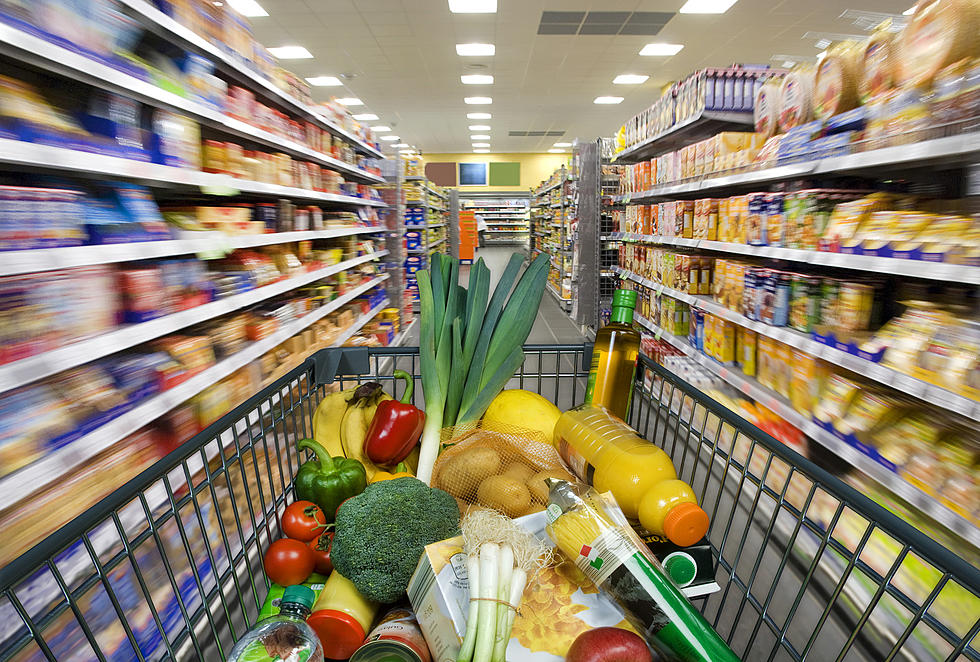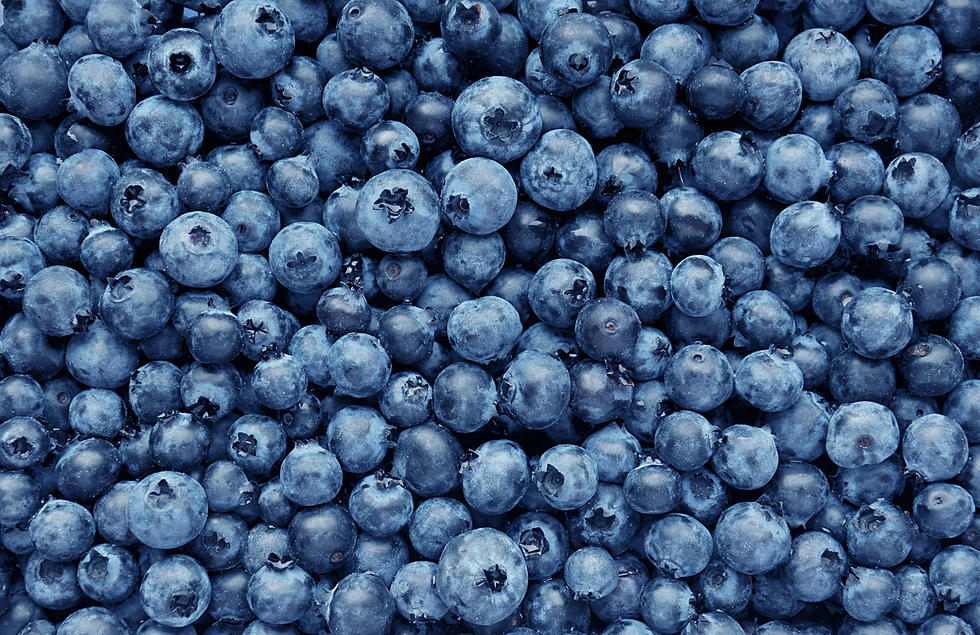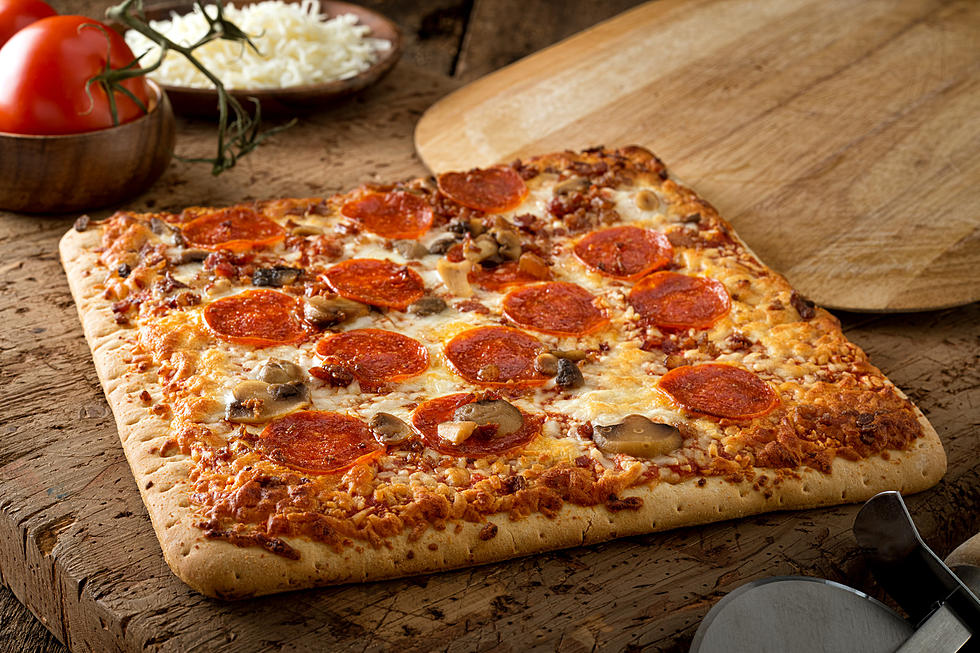
Sugar Substitute Stevia Sours
Touted as "the next generation of sweetners", Stevia followed a rash of sugar substitutes that have been rolled out over the last century. Saccharine, sucrose, aspartame - these are just a few of the products that have met with FDA approval for use in the United States. Stevia is one of the most-recent types of sugar substitute to be proposed for human consumption.
Now, it appears that Stevia may be leaving an aftertaste in the mouth of the food industry.
The problems are the aftertaste, the cost, and possible hurdles in defining it as natural in some European Union markets.
To ease stevia's taste products like French sugar maker Tereos' Beghin-Say and Coca-Cola's Fanta Still - trialed with stevia - still include sugar in their recipe.
So - if Stevia-laced products still contain sugar to mask the sour-taste of the substitute - why you ask should companies continue to use it? That's the question that's plaguing the food industry right now. Some experts are uncomfortable marketing products as "sugar-free" - when they still contain traces of sugar.
"They are advertising stevia as a miracle," marketing consultant Sam Waterfall said. "If consumers begin to feel they are misled, this could be a real disaster."
Food scientists continue their search for solutions.
T
More From KOOL 101.7









